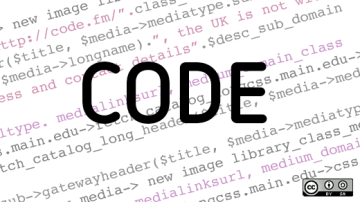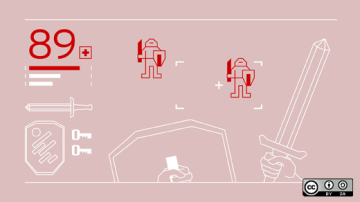Joshua Allen Holm
Authored Comments
This is a wonderful article. I know all too well what it is like to not have an internet connection at home. If it wasn't for my local public library and their free WiFi, I wouldn't be able to do any open source related work.
Like the article and Barbara Ericson both point out, the restrictions placed on library's computers do present a major barrier to learning to code and other activities (though I fully understand why the restrictions are in place). I know that if I had to the use the library's computers instead of my own laptop, I couldn't make any contributions to open source. I've actually had conversations about this with some of my librarian and educator acquaintances. Most of them get it, but some of them, unfortunately, don't seem to understand that using a library computer with a time limit and only having access to (often outdated) web browsers and Microsoft Office isn't the same thing as being able to really experiment and learn like someone could do with their own computer and 24/7 internet access.



Try using <a href=http://www.youtube.com/html5>YouTube's HTML5 Player</a>, <a href="http://www.gnu.org/software/gnash/">GNU Gnash</a>, <a href="http://lightspark.github.io/">Lightspark</a>, or <a href="http://rg3.github.io/youtube-dl/">youtube-dl</a>.